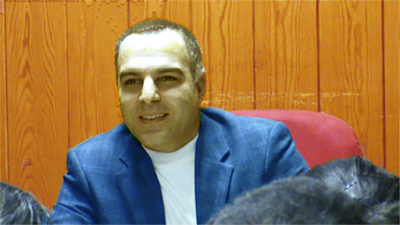Azam Ahmadi, political researcher - November 10, 2019
 |
The Islamic Republic has always been accused by its opponents of neglecting "ancient Iranian history." Many of these opponents are supporters of the Pahlavi regime, which emphasized nationalist ideology during its reign, sometimes adopting extremist tendencies. According to this group of opponents, the national identity has been sacrificed for the Shiite-Islamic identity of the Islamic Republic. Furthermore, this claim is not only raised by the opposition to the Islamic Republic but can also be heard from various groups and spectrums within the country.
But how compatible are these claims with reality? To answer this question, we examine the Islamic Republic of Iran's official narrative on its history and scrutinize the educational system, which is considered one of the important institutions in shaping identity and propagating the dominant ideology.

















